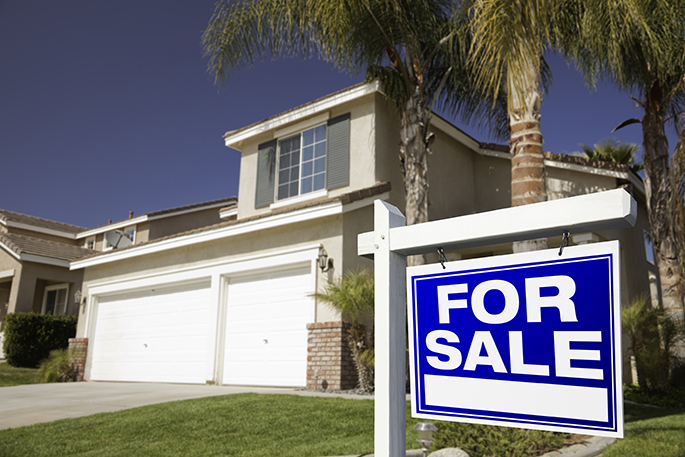Tauranga remains the least affordable place to live in New Zealand, according to the latest data from CoreLogic.
The lack of affordability in the region reflects a national trend, with property values across New Zealand growing 15 times faster than incomes.
In Tauranga, 49 per cent of the average gross household income is required to service an average mortgage with an 80 per cent loan to value ratio.
CoreLogic NZ's Housing Affordability Report, published every six months, shows as of Q2 2021, the average property value across New Zealand is 7.9 times the average annual household income, a record high in the series' 18-year history.
The figure is up sharply from the 7.4 times recorded just three months ago and 6.6 times of 12 months ago.
The long-term average is for property values to be 5.8 times the average annual household income.
Property values in New Zealand rose 15 per cent during the first six months of 2021, well ahead of the increase in gross average household income which rose just 1.0 per cent.
'Since our last Housing Affordability Report in late February, the New Zealand economy and property market have generally remained very buoyant,” says CoreLogic NZ chief property economist Kelvin Davidson.
'Even though mortgage rates have remained very low, albeit they're now starting to rise, housing affordability has simply become worse, and that's from an already stretched position. Those higher mortgage rates themselves will exacerbate the situation in the coming months, albeit they should eventually aid affordability by dampening house prices.”
Auckland is second to Tauranga as New Zealand's least affordable main centres, requiring 43 per cent of gross household income respectively, to service an average mortgage.
Hamilton households require 38 per cent of their income to make payments. Similarly, mortgage holders in Wellington spend 36 per cent of their income on mortgage repayments and Dunedin households spend 39 per cent. Christchurch's figure is comparatively low, albeit rising, at 28 per cent.
Kelvin says it's conceivable that house prices have further to rise before flattening out, which could see affordability metrics decline further in the next three to six months, particularly with the added threat of continued interest rate rises.
'However, towards the middle and later stages of 2022 slower house price growth should allow for some improvement in affordability, especially as rising incomes in a squeezed labour market should help those first home buyers trying to cobble together the deposit,” he explains.
'That said, even with housing supply expanding, a return to ‘normal' for most affordability measures looks likely to be a long grind."



4 comments
Nothing
Posted on 10-09-2021 07:49 | By nerak
to be proud of! Sad indictment.
Pay disparity!?
Posted on 10-09-2021 08:39 | By Lyrch
Wow, I live in Tauranga and my Auckland counterpart, who was hired to perform the exact same duties as I, is paid considerably more than me?! Just saying...
Hmmm
Posted on 10-09-2021 09:28 | By Let's get real
It has to be somewhere.
Maybe it costs more...
Posted on 11-09-2021 14:22 | By morepork
...but for me, at least, this is the best place on Earth to live. (I have travelled and lived in MANY places, there are many beautiful places on Earth, and yet I find myself here...) I'd like to see it more accessible, especially so young people can get onto the ladder, but at the end of the day, the world does not owe any of us a living and we have to work for what we want. Now, in the crepuscular phase of my life, I am extremely thankful to live in such a beautiful place and be able to go out without being shot at or blown to pieces... I'm happy to end my days in calm tranquility and peace. I guess there has to be a price on that.
Leave a Comment
You must be logged in to make a comment.